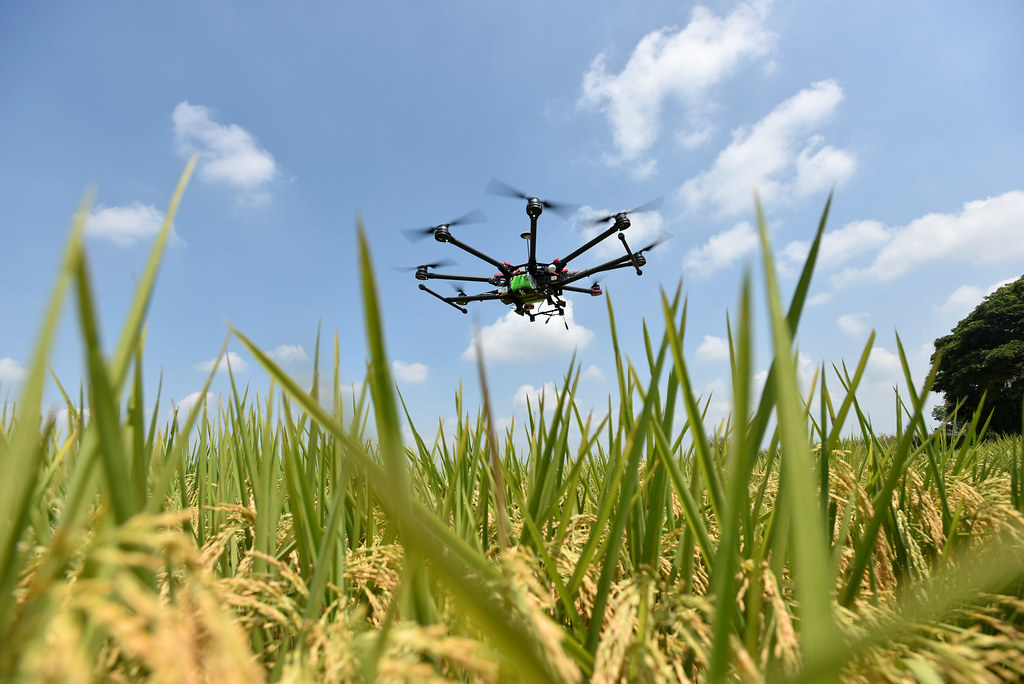-
RAAF
Contributing to the implementation of the Regional Agricultural Policy
RAAF Approach is essentially based on getting things done.
-
Thematics

Thematic areas
The implementation of the Regional Agricultural Policy (ECOWAP) is built around nine thematic areas.
-
Projects
- Renforcement des capacités pour la mise en œuvre de l’ECOWAP en Afrique de l’ouest
- At the end of PRAPS-1, which achieved significant progress in relation to most of the issues relating to animal health, sustainable management of rangelands and pastoral resources, livestock trade, and prevention and management of pastoral crises, the Wor
- Fruit flies are a major problem for the horticultural sector in West African countries. They destroy 50 to 80% of fruit production.
- The Global Climate Change Alliance Plus (GCCA+) is the second phase of an initiative of the same name launched by the European Commission in 2008
- West Africa is one of the most vulnerable regions in the world.
- Renforcement des capacités pour la mise en œuvre de l’ECOWAP en Afrique de l’ouest
- West Africa is facing three major challenges: (i) structural food and nutritional insecurity, (ii) the effects of climate change (droughts, aridity, floods, etc.), (iii) salinization and physico-chemical degradation of agricultural land.
-
News
Follow our news and events
-
Resources
Contents
More information on our work.
-
Multimedias
Interaction
Audio-visual based communication
-
Opportunities
Get Involved
- Portals
For ECOWAS, as paradoxical as it may seem, the strong measures taken by the various States of the world against the coronavirus pandemic show that it is possible to act in favour of the climate and the environment, particularly in terms of improving air quality.
The closure of borders, schools, several industries and factories, and other measures to restrict movements and ensure physical distance in the fight against the pandemic have had unintended benefits for the Environment. Although not yet documented in the region, these benefits are widely disseminated through Internet and social media.
Indeed, the pandemic has reduced the sources of household, medical and industrial waste generation on the one hand, and increased on the other hand the environmental risk in most countries in the region where waste management systems are weak.
The immediate consequences of the pandemic on the environment are therefore, among others, the reduction of greenhouse gas emissions and the reduction of pollutants and nuisances that negatively affect the urban environment in West Africa.
Despite these induced benefits and challenges, the Covid-19 resulted in the postponement of several global and regional meetings where important decisions and commitments should have been made to strengthen the management of the environment and climate change. As a result, the ECOWAS Commission also had to postpone or find alternative mechanisms to organize some key regional meetings aimed to discuss and obtain commitments from governments on promoting, among other things, environmental sustainability.
As a result, all scheduled physical meetings were converted to virtual meetings using existing video-conferencing tools such as Zoom, Teams, Webex, etc. The Commission also had to postpone or find other mechanisms to organize some key regional meetings to discuss and obtain commitments from governments on promoting, among other things, environmental sustainability. This practice has led to drastic reductions in travel costs, and consequently, a saving of financial resources for additional activities in favour of the populations. From this point of view, one recommendation, among others, would be to invest more resources in equipment and comfort tools for videoconferencing meetings. These adjustments measures constitute new professional habits and behaviours that should be integrated, in a sustainable way, in the good practices to be adopted by institutions and companies after the pandemic.
The impact of the coronavirus disease on the environment could therefore be twofold and mitigated. Indeed, the suspension of missions and other movements throughout the world globally and in West Africa in particular, has as a consequence on the reduction of environmental pollution linked to the emission of greenhouse gases, pollutants, and nuisances. In China for instance, restrictions and other measures have led to a 25% reduction in carbon emissions and a 50% reduction in nitrogen oxide emissions. However, the region could face the challenge of mismanaging the contaminated disposables, which would lead to further spread of the virus.
Read more...
- Livestock farming and pastoralismPublication date:
- Climate change
- Climate change